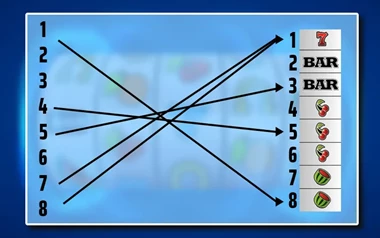Since single-game wagering was legalised in Canada in 2021, questions have been raised about the nature and frequency of sports betting adverts in the country. A bill, Bill S-269, which would regulate and propose new measures for gambling advertising in the country, has found itself stuck in a legislative traffic jam in the Canadian House of Commons, with an ongoing debate about redacted documents holding everything up.
Christmas Advertising
Proponents of the bill, which would see strict measures put on sports betting advertising in the country, have pushed for the bill to be discussed and then passed into law before Christmas time. They cite the increased attention to advertising at Christmas time and the increased viewership of younger and more vulnerable people as major reasons for this.
The bill asks the Canadian Heritage Minister, Pascale St-Onge to put restrictions in place on the number of adverts that can be shown, as well as the timing of those adverts. There has been discussions with lawmakers and gaming regulators to help determine the exact outline of this bill.
Wading into the Unknown
Senator Marty Deacon, the senator that is behind the bill, admitted in 2023 that when she voted to pass single-game wagering in 2021, they were wading into the unknown.
Deacon said, ‘I was hesitant to vote for the bill. My main reason for voting in favour was to get illicit gambling activity into the light of day. We’ve seen how much revenue this has made in the first two years in Ontario alone. This money was leaving Canada or going into criminal elements, sometimes with dangerous consequences. In that sense, the bill has succeeded where I thought it would.’
However, Deacon said that while it has helped alleviate some of the criminal elements plaguing the industry in Canada, there has been little done to prevent the harm that gambling can cause.
An IPSOS poll in 2023 showed that 63% of respondents found that the volume of gambling advertising was too high. Deacon and many other supporters of her bill believe this presents a real danger to young people.









